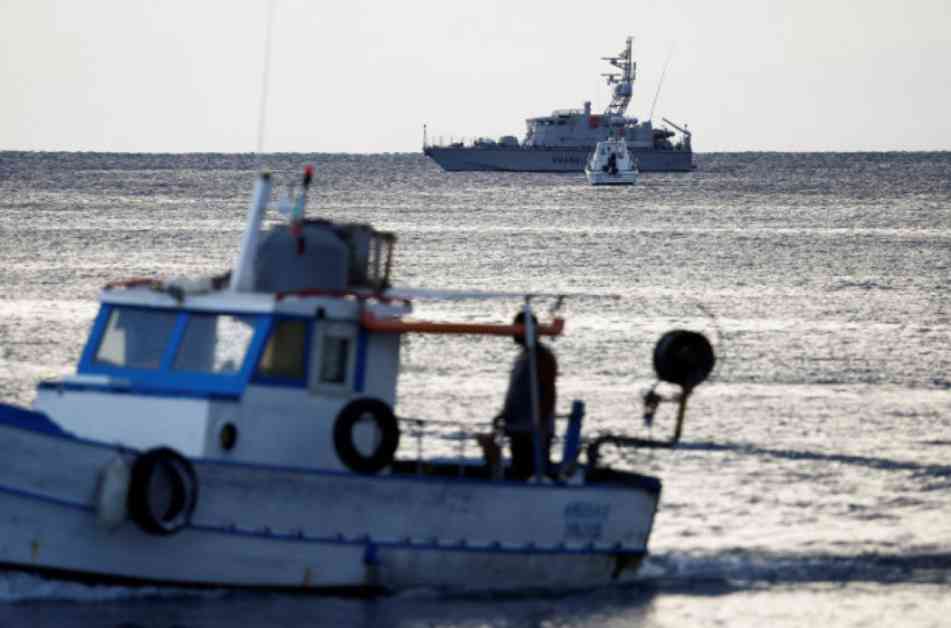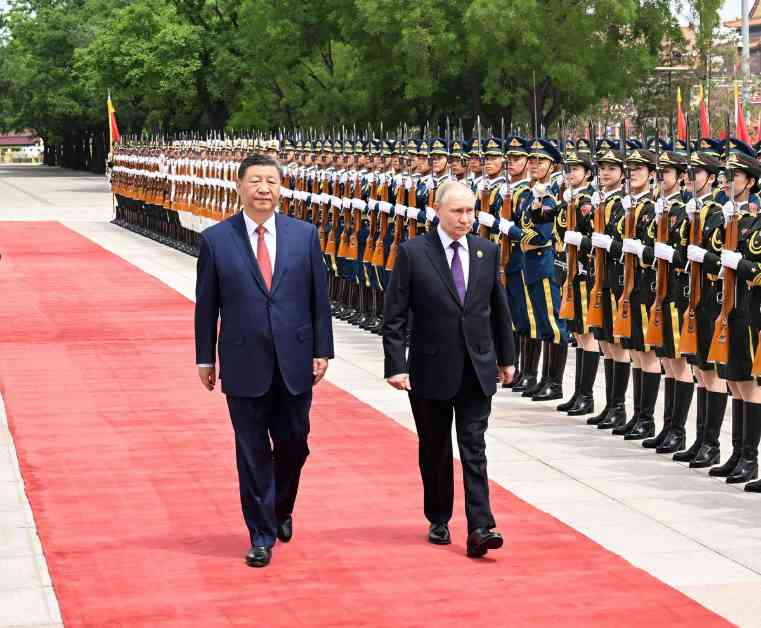The United States, Japan, Australia, and India are gearing up to launch joint patrols in the Indo-Pacific region in a concerted effort to combat illegal fishing activities. This move comes as part of the Quad group’s ongoing initiatives to counter China’s growing influence in the area and uphold maritime order based on the rule of law.
The plan for joint patrols, which will involve the coast guards of the four countries, is set to be officially announced at an upcoming Quad summit in the United States. This summit, scheduled to take place in Delaware, will likely mark the final meeting for outgoing leaders President Joe Biden and Prime Minister Fumio Kishida of Japan. Australian Prime Minister Anthony Albanese and Indian Prime Minister Narendra Modi are also expected to attend the gathering.
The Biden administration has been actively pushing to strengthen and institutionalize the Quad alliance as a strategic response to China’s expanding military and economic presence in the Indo-Pacific region. The agreements to be reached at the summit are aimed at solidifying the group’s cooperation across successive governments and maintaining stability in the region.
One of the key initiatives planned for the joint patrols is a ship observer mission, which is expected to commence next year. This mission will involve members of the Japan Coast Guard, along with their Australian and Indian counterparts, boarding a US Coast Guard vessel to enhance interoperability and uphold maritime order in the region. The patrols will be conducted on a rotational basis to ensure continued monitoring and enforcement efforts.
Illegal fishing activities by Chinese vessels have been a point of contention in the South China Sea and surrounding waters, prompting concerns from countries like Japan, the Philippines, and Indonesia. The joint patrols by the Quad members aim to address these illicit activities and ensure compliance with international maritime laws.
In addition to combating illegal fishing, the Quad alliance is also set to announce collaborations in other areas such as telecommunications, healthcare, and agriculture. Plans to deploy new communications infrastructure in the Pacific, known as Open Radio Access Network, are in the works to reduce reliance on specific technology providers and mitigate supply chain risks.
On the healthcare front, the four countries plan to focus on addressing cervical cancer and supporting farmers in the region through the use of artificial intelligence and other technologies. This builds on their collective experience of working together during the COVID-19 pandemic and underscores their commitment to enhancing healthcare outcomes and agricultural practices in the region.
Furthermore, the Quad leaders are expected to explore the possibility of holding the first-ever meeting of commerce and industry ministers to deepen economic ties and promote trade cooperation among the member nations. This reflects the group’s broader vision of fostering a “free and open” Indo-Pacific region based on shared values and principles of democracy and rule of law.
The Quad, originally established in 2004 in response to a natural disaster, has experienced a renewed focus in recent years with an emphasis on strengthening regional security and promoting economic development. The upcoming summit signifies a continued commitment by the member countries to work together in addressing common challenges and advancing shared interests in the Indo-Pacific region.



















